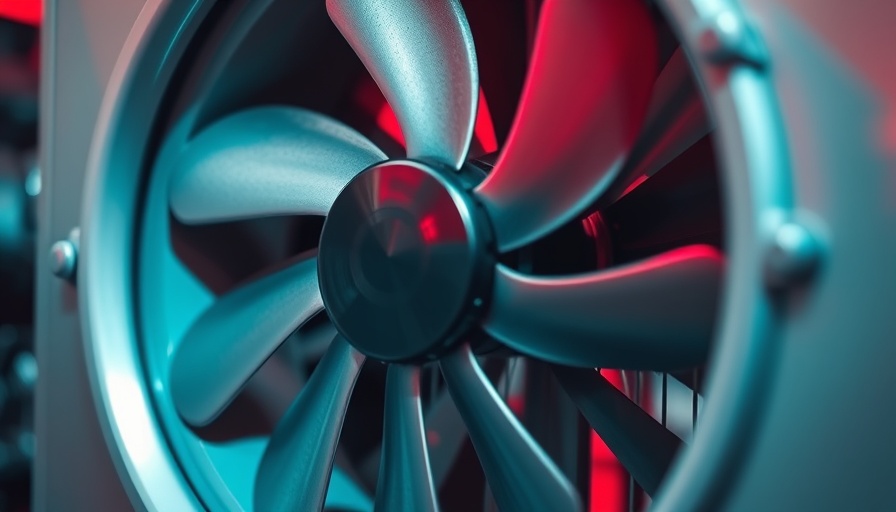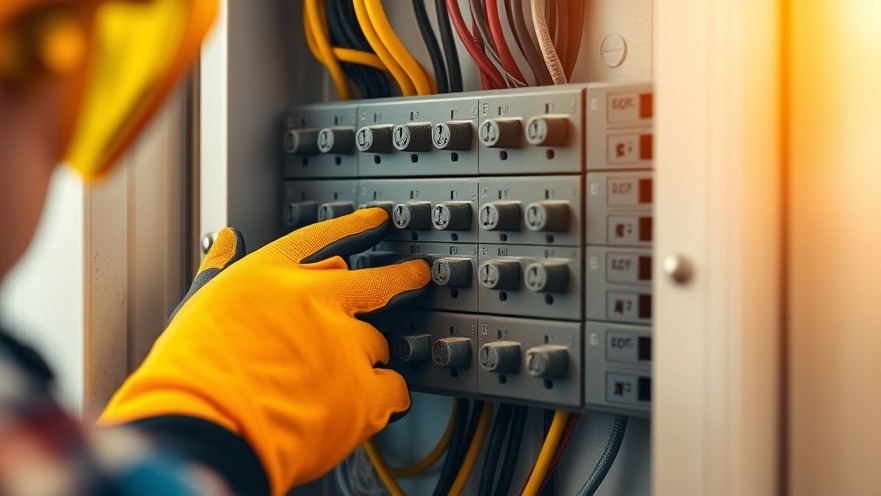
Understanding Noisy AC Units
If your air conditioner is creating unexpected loud noises during startup or shutdown, it can indicate underlying issues that require immediate attention. Homeowners should not overlook these signs, as they often point to components that are beginning to wear out or fail.
Common Causes of Noise
Several factors can lead to unusual sounds in your AC unit. A loose fan blade is a common issue that can create a banging noise as it hits other components. Additionally, a clogged air filter can hinder airflow and increase strain on the system, leading to buzzing or straining sounds. More serious concerns include a faulty capacitor or a failing compressor, which can lead to higher repair costs if not addressed quickly. Ignoring these symptoms may lead to repairs ranging from $150 to $1,200, or even exceeding $2,000 in severe cases.
Importance of Early Intervention
The loud noises are your AC's way of communicating that something isn't right. Addressing the problem early by checking for simple issues—like ensuring your air filter is clean and debris-free—can save you a considerable amount in repairs later. Regular maintenance can also prevent minor issues from becoming costly problems, making it essential for homeowners to understand the signs of an impending AC failure.
DIY Tips for Homeowners
For the DIY enthusiast, some issues can be tackled easily at home. Start with tasks such as changing your air filter, which should be done every 1-3 months depending on usage. Clearing debris around the outdoor unit will also ensure proper airflow. If problems continue after these steps, it may be time to consult a professional. This approach not only keeps your AC running smoothly but also enhances your knowledge and confidence in maintaining your home’s systems.
Conclusion: Take Action Now
If you hear loud noises from your AC unit, don’t wait for problems to escalate. You can assess and address minor issues yourself, leading to a more efficient and cost-effective air conditioning system. Remember: the sooner you act, the better your chances of avoiding costly repairs in the future.
 Add Row
Add Row  Add
Add 




 Add Row
Add Row  Add
Add 

Write A Comment